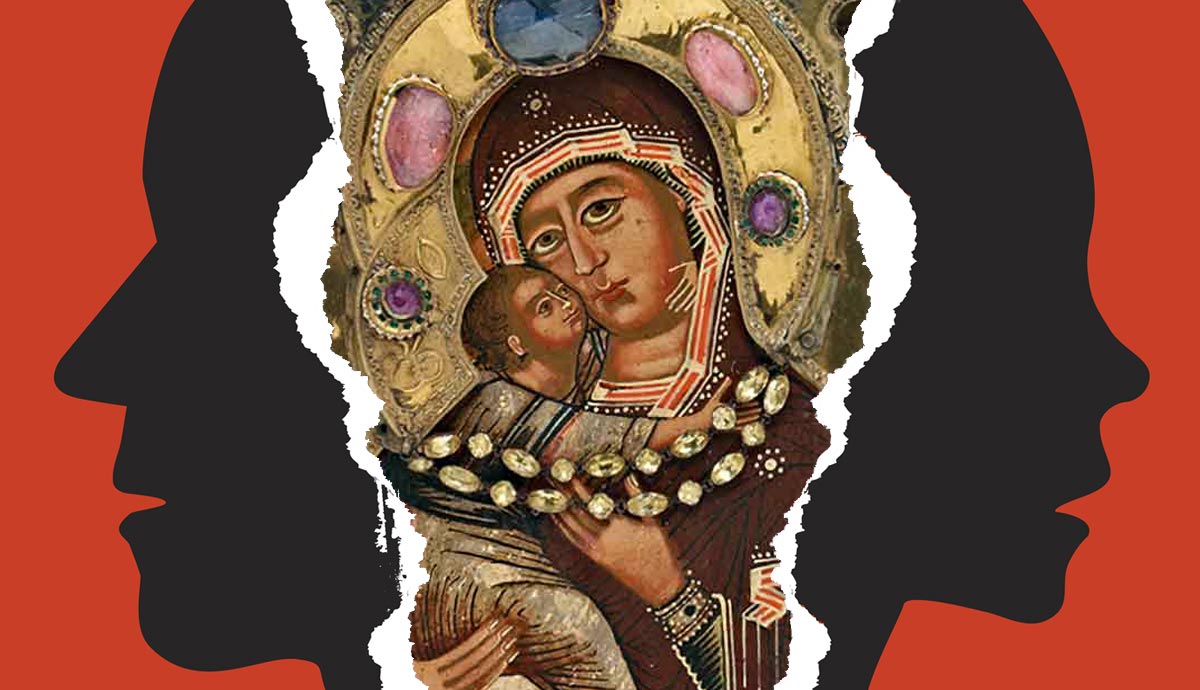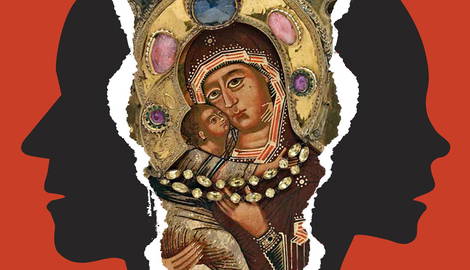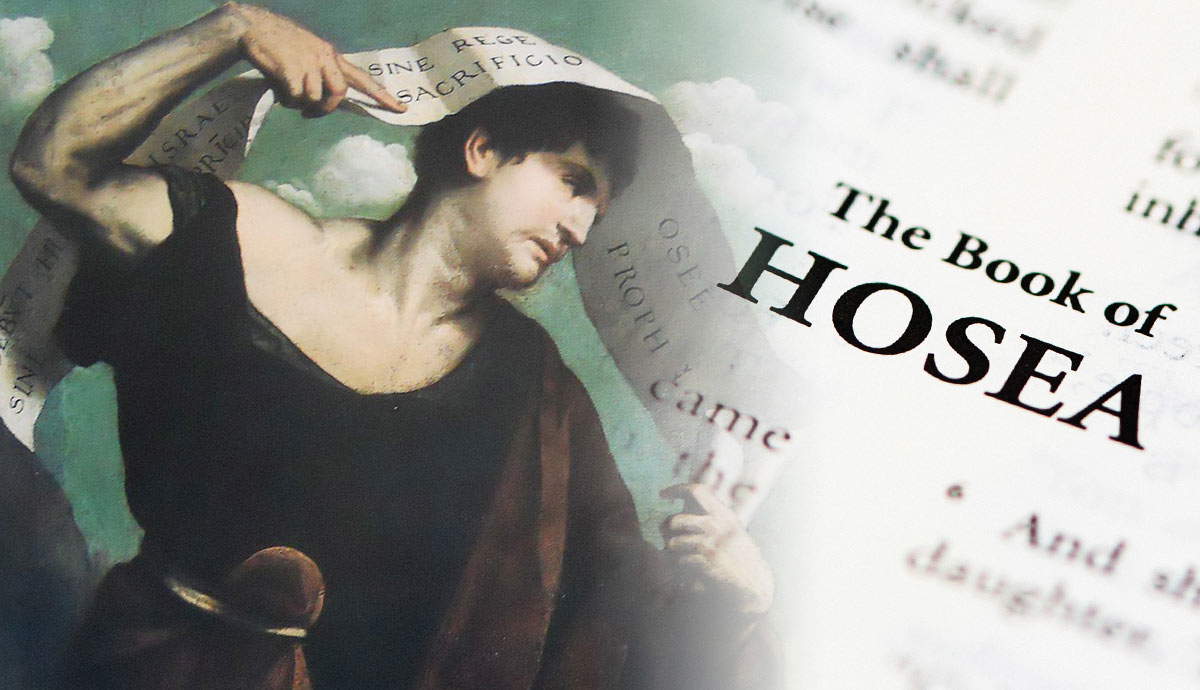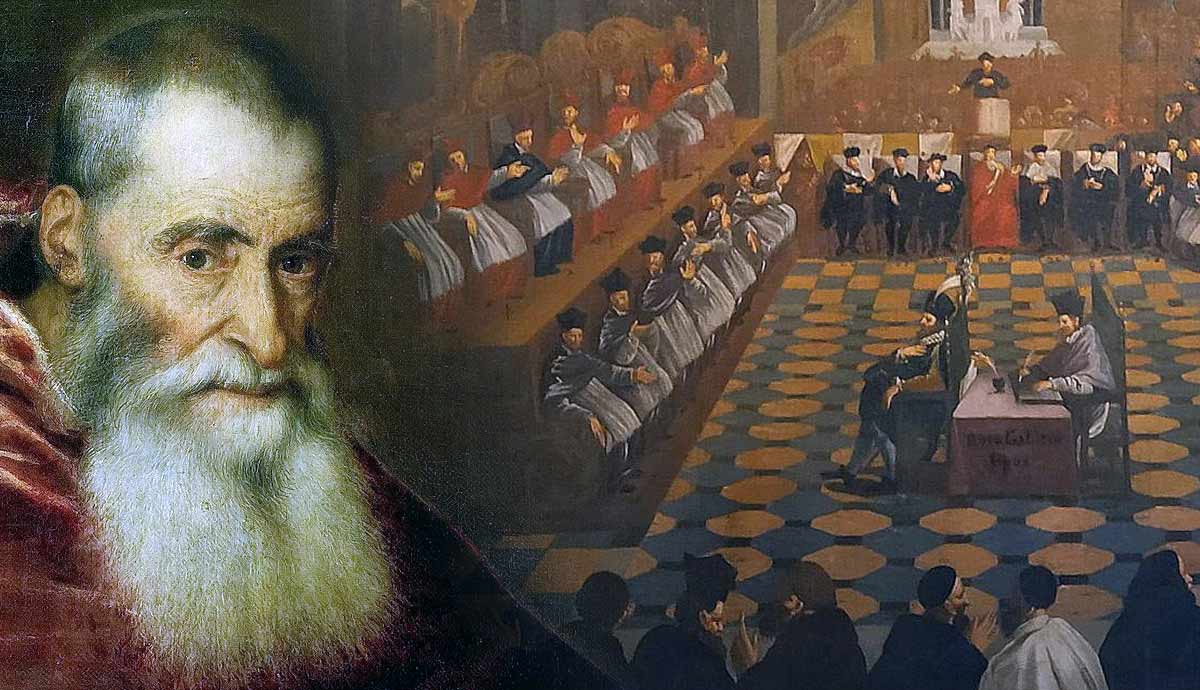
There are very few contemporary issues that are as prominent in the Christian world today as the problem of divorce. These situations often contain a mire of complex details and can be very confusing and stressful for Christians. The issue is magnified by the fact that one-quarter of all American adults have been divorced. Given that all churches are likely affected by the issue of divorce in Christianity, the moral dilemma that this can impose on the faithful simply cannot be ignored.
Divorce in Christianity

The call for Christians to have answers in these situations is a demanding issue, one that requires much love and patience, as well as a keen sensitivity to complexity. Parishioners who are wrestling with struggles pertaining to marriage, divorce, and remarriage will expect their church leaders to shepherd them in making the decisions that they make.
Although leaders will not be able to prevent every instance of divorce, they can at least lead the parishioner toward making good spiritual decisions in whatever situation they find themselves in. If church leaders are to effectively address these difficult questions, they will need to be thoroughly engaged with the teachings of the Bible and their broader theological traditions. Different theological traditions have approached this question differently, most notably there are major differences among the Protestant, Catholic, and Orthodox denominations.
Divorce in Catholicism

The Roman Catholic Church could be seen as having the strictest policy regarding divorce in the Christian world. The Catholic Church teaches that marriage is a Holy Sacrament that by its very nature cannot be dissolved.
As the Catechism of the Catholic Church states: “the matrimonial union of man and woman is indissoluble: God himself has determined it: ‘what therefore God has joined together, let no man put asunder'” (Catechism of the Catholic Church [CCC], 1997, para. 2382). This doctrinal position is taken from Bible passages such as Matthew 19:8-9: “And I say to you: whoever divorces his wife, except for sexual immorality, and marries another, commits adultery” (Mt 19:8-9 [ESV]).
This is not to say that divorce does not occur within the Roman Catholic Church. Indeed, divorce is quite common among Catholics and is deemed necessary sometimes. However, ecclesiastical courts do not typically recognize state divorce as valid in the eyes of the church.
It is perhaps more accurate to say that the Catholic church treats divorce more like permanent separation, as actual divorce is not possible in Catholic doctrine. This is tempered somewhat by the Catholic concept of annulment. Catholics who find themselves divorced in secular courts can apply for an annulment of their marriage — a declaration that the previous marriage was invalidly entered into. If this is granted by a court tribunal, the applicant will be free to remarry in most instances.
Divorce in Eastern Orthodoxy

The Orthodox Church also sees marriage as a sacrament — an indissoluble mystery bestowed upon the couple by the dispensation of the church. The Eastern Church, while recognizing that marriage is in essence indissoluble, nevertheless does recognize the tragic reality that divorce does sometimes occur in light of the human condition of living in a fallen world. This has led the Orthodox to the spiritual exercise of “oikonomia,” or pastoral leniency in some situations where a remarriage may be permitted if the presiding bishop can be convinced that the remarriage could be beneficial for the individual’s salvation.
Although Orthodox canon law can permit up to three marriages, they are not automatically granted. If it is granted the marriage is considered penitential in nature, meaning that it will not always contain the same joy and pomp as the first marriage ceremony. There is even a special rite that can be used in instances of a second or third marriage that differs from that of a first marriage. In this way, there are similarities with the Catholic position, but also some stark differences.
Divorce in Protestantism

Historically, Protestants have typically relied on the Bible as the basis for their doctrine on marriage. There are some stark differences between the way Protestants view marriage and the way other traditions view it. Unlike the Catholic and Orthodox position, it is typically asserted by Protestants that marriage is not a sacrament per se, but a holy order of creation that is expressed between a man and a woman.
The historical consensus for Protestants of most stripes is that there are essentially two grounds for biblical divorce: adultery and abandonment, and different protestant traditions have different nuances on these two positions, as well as differences in what constitutes both. Thus, in the case of a valid divorce, it is typically conceded that remarriage is permissible with appropriate pastoral care.
Divorce in the Bible

There has been much ink spilled among the various Christian traditions in an attempt to understand Jesus’s full teaching on divorce. If taken at face value, Jesus appears to be saying that if one divorces his wife in order to marry another he has committed adultery, with the only exception being for sexual immorality. The original Greek word used for his exception is pornea, a broad term which denotes many kinds of sexual indecency.
“And Pharisees came up to him and tested him by asking, ‘Is it lawful to divorce one’s wife for any cause?’ He answered, ‘Have you not read that he who created them from the beginning made them male and female, and said, “Therefore a man shall leave his father and his mother and hold fast to his wife, and the two shall become one flesh”? So they are no longer two but one flesh. What therefore God has joined together, let not man separate.’ They said to him, ‘Why then did Moses command one to give a certificate of divorce and to send her away?’ He said to them, ‘Because of your hardness of heart Moses allowed you to divorce your wives, but from the beginning it was not so. And I say to you: whoever divorces his wife, except for sexual immorality, and marries another, commits adultery.’

“The disciples said to him, ‘If such is the case of a man with his wife, it is better not to marry.’ But he said to them, ‘Not everyone can receive this saying, but only those to whom it is given. For there are eunuchs who have been so from birth, and there are eunuchs who have been made eunuchs by men, and there are eunuchs who have made themselves eunuchs for the sake of the kingdom of heaven. Let the one who is able to receive this receive it.’”
-Matthew 19:3-12
This passage has been one of hot debate and contention over the centuries, as it raises many interpretive and exegetical questions. Was Jesus telling us that remarriage is adultery because God does not recognize divorce? Was this a case of Jesus using hyperbole, as he often did in other areas of the New Testament? Does Jesus expect remarried couples to dissolve their union and return to their former spouse?

As demonstrated, there have been many different interpretations and applications of this teaching depending on one’s faith tradition. In the Hebraic context of the ancient Near East, two main rabbinic schools differed on the subject of divorce.
The first was the school of Hillel, which advocated for a very lenient translation of Deuteronomy 24 and interpreted the Hebrew phrase as “cause of indecency” as opposed to the grammatically more accurate “matter of indecency.” This school then ran with this interpretation, citing a “cause” as one ground for divorce and “indecency” as another, which opened the door for very dubious divorces. A man could even divorce his wife for over-cooking breakfast, for example.
On the other hand, the Shammai School saw things differently. This school took the Biblical mandate much more seriously and decided to stick strictly to the text, limiting the grounds for divorce.
Once the context is unpacked, the initial question asked by the Pharisees makes much more sense. Their question about divorce for “any cause” seemed to be a nod to the Hillel school on divorce. Jesus’s message was to point them back to scripture, to understand the gravity of marriage and divorce, and to suggest that it should not be treated carelessly.
Conclusion

We have seen how the three main Christian traditions have grappled with the Biblical teaching on divorce and the different ways each tradition attempts to apply these words in the plethora of different situations that life may conjure up. What all of these traditions have in common, however, is recognizing that divorce is all but inevitable in a world that deals with the messiness of the human condition.










